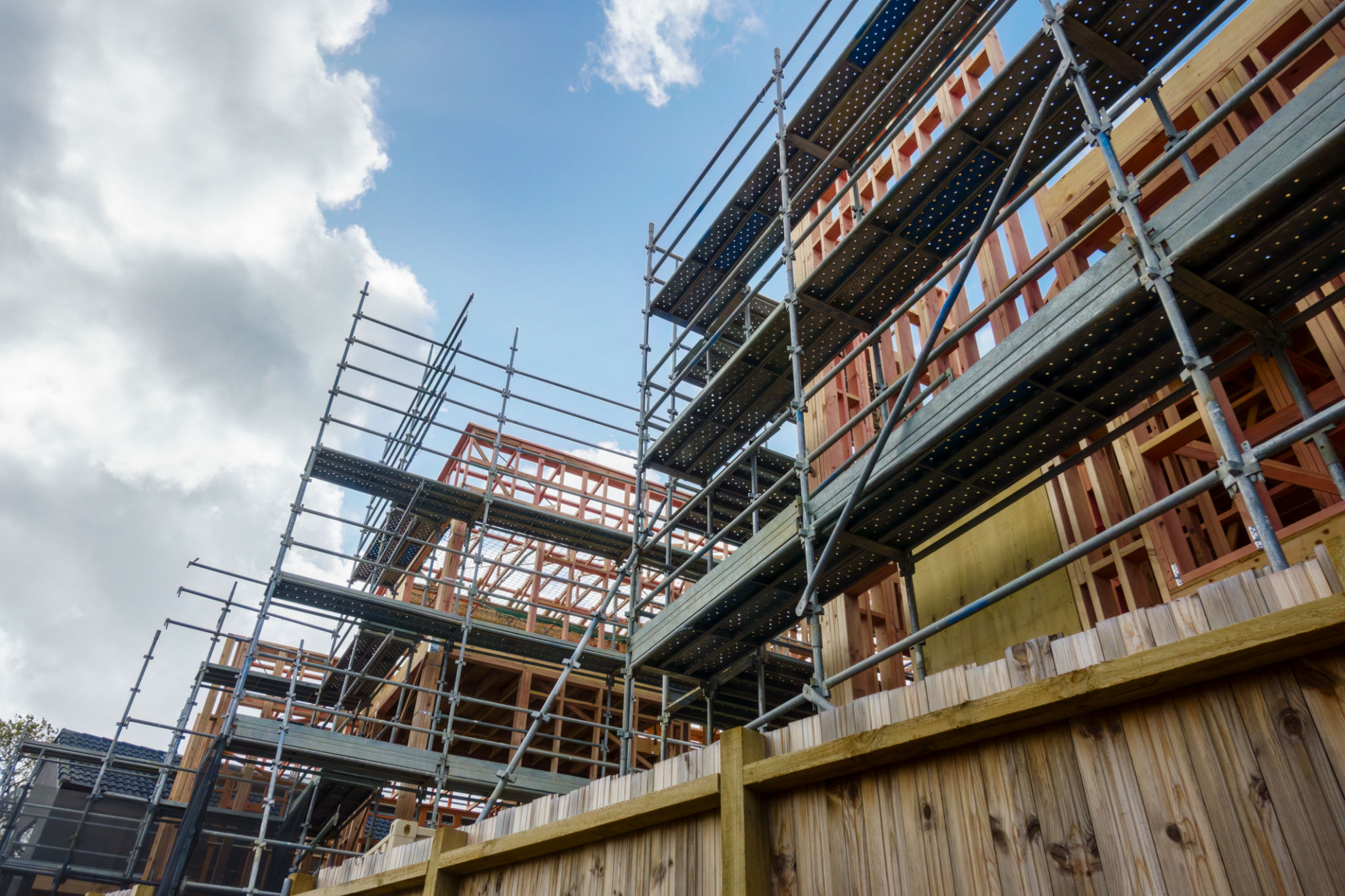Comprehensive Guide to Residential Development in Auckland
Introduction to Residential Development in Auckland
Auckland, known for its stunning landscapes and vibrant culture, has become a hotspot for residential development. As New Zealand's largest city, it offers a unique blend of urban convenience and natural beauty, making it an attractive destination for homebuyers and investors alike.

Understanding the Auckland Housing Market
The Auckland housing market is dynamic and ever-evolving. With a growing population and limited land availability, demand for residential properties is high. This scenario presents both opportunities and challenges for developers looking to capitalize on this vibrant market.
Key factors driving the demand include immigration, economic growth, and lifestyle preferences. As more people seek homes close to the city center or in suburban areas with good amenities, developers must be strategic in their planning and execution.

Key Considerations for Residential Development
Location and Accessibility
Choosing the right location is crucial for any residential development project. Proximity to essential services, transportation links, schools, and recreational facilities can significantly impact the success of a development. Areas with planned infrastructure improvements are especially appealing to potential buyers.
Regulatory Compliance
Developers must navigate a complex web of regulations and zoning laws in Auckland. Understanding these requirements is essential to avoid costly delays and ensure a smooth development process. Engaging with local authorities early in the planning stage can provide valuable insights and facilitate compliance.

Design and Sustainability
Modern residential developments in Auckland increasingly focus on sustainability. Incorporating eco-friendly designs and materials not only benefits the environment but also attracts environmentally conscious buyers. Features such as solar panels, energy-efficient appliances, and green spaces are becoming standard in new developments.
Architectural Aesthetics
The architectural design of a residential development can greatly influence its appeal. Developers should aim for designs that complement Auckland's natural beauty while offering functional living spaces. Balancing aesthetics with practicality ensures that developments meet the diverse needs of residents.

Financing and Investment Opportunities
Securing financing is a critical step in the residential development process. Various funding options are available, including bank loans, private investors, and partnerships. Developers must present a comprehensive business plan that demonstrates feasibility and potential returns to attract investment.
For investors, residential developments in Auckland offer promising opportunities. The city's strong property market and high demand for housing make it an attractive option for those seeking stable returns.

Conclusion
Residential development in Auckland presents a wealth of opportunities for developers and investors alike. By understanding the market dynamics, adhering to regulations, and focusing on sustainable design, stakeholders can successfully navigate this exciting landscape. With strategic planning and execution, residential developments in Auckland can provide significant benefits to both the community and investors.
